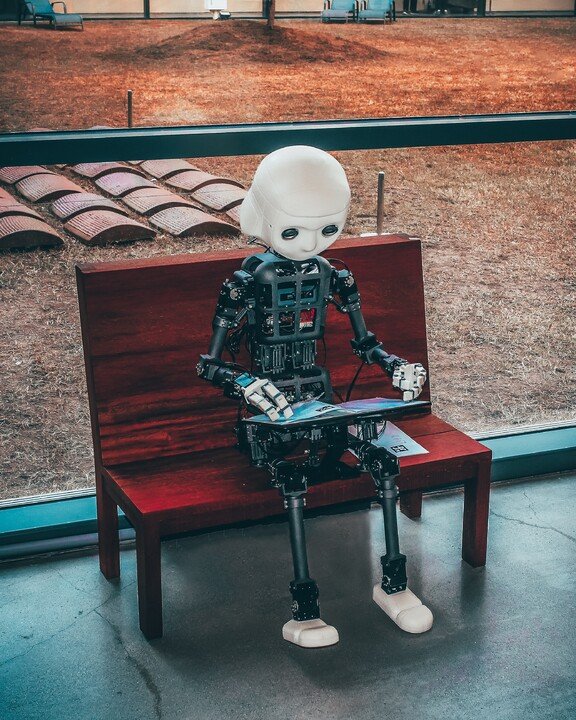
AI and automation are likely to shift the importance of blue-collar vs. white-collar jobs.
The rapid advancement of technology and the advent of Artificial Intelligence (AI), particularly in the white-collar industry, are having a substantial impact on the labor market. Among the occupations at risk from automation include software engineers, data analysts, journalists, financial analysts, and accountants. The relative importance of blue-collar and white-collar employment may change as a result of the potential automation of many of these positions.
Because of the advancement of AI technology, many tasks that were formerly completed by white-collar workers can now be automated. Data analysts, for example, who were formerly in high demand because of their ability to decipher complex data and provide insights, are now in danger of being replaced by AI algorithms since they can carry out the same activity more rapidly, correctly, and with fewer human errors. Similarly to this, AI techniques have the potential to automate jobs like software engineers, graphic designers, and advertising specialists.
This shift in the labor market is anticipated to have a substantial impact on how important blue-collar and white-collar work is relative to each other. As more white-collar positions are automated, blue-collar work will become more valuable. Construction, manufacturing, and transportation jobs demand skills like manual dexterity, creativity, and problem-solving that are difficult for AI to replicate. One indication of this tendency is the rising demand for skilled blue-collar workers like welders, plumbers, and electricians.
Another important factor to consider is the fact that blue-collar jobs often offer a sense of fulfillment and purpose that is lacking in white-collar jobs. Blue-collar workers often take pride in their work and can sometimes see the tangible results of their labor. On the other side, a white-collar job could involve less tangible tasks that don't provide as much immediate gratification. Given the rise of AI and the automation of many white-collar jobs, the importance of blue-collar jobs will only grow.
While the growth of AI and automation may worry many white-collar professionals, it also presents an opportunity to accept change and explore for new opportunities. The shift in the labor market is expected to result in new jobs and employment possibilities that require a certain set of skills, including creativity, emotional intelligence, and adaptability. Being open to learning new skills and accepting change can help white-collar professionals stay ahead of the curve and remain relevant in a job market that is continuously evolving.
In conclusion, it is projected that the growth of AI and automation would alter the relevance of blue-collar versus white-collar jobs. Due to the skills they require and the sense of purpose they provide, blue-collar professions will become more desirable, whereas many white-collar jobs face the threat of automation. White-collar professionals must embrace change, gain new skills, and maintain their adaptability to the shifting employment environment if they are to maintain their relevance and secure their futures.
#hospitality #hotel #restaurant #interiordesign #travel #kitchendesign #design #hotels #food #tourism #hotelier #hospitalityindustry #vacation #business #hospitalitymanagement #architecture #service #foodporn #hoteldesign #foodie #bar #catering #chef #luxury #culture #hoteliers #resort #foodie #love #interior #luxurylifestyle #catering #education #hospitalitylife #relax #boutiquehotel #cheflife #retail #lifestyle #marketing #cafe #restaurantdesign #management #summer #airbnb #cocktails #photography #luxuryhotels #instatravel #hotelindustry #staycation #hospitalityjobs #furniture #hospital #nature #smallbusiness #business
